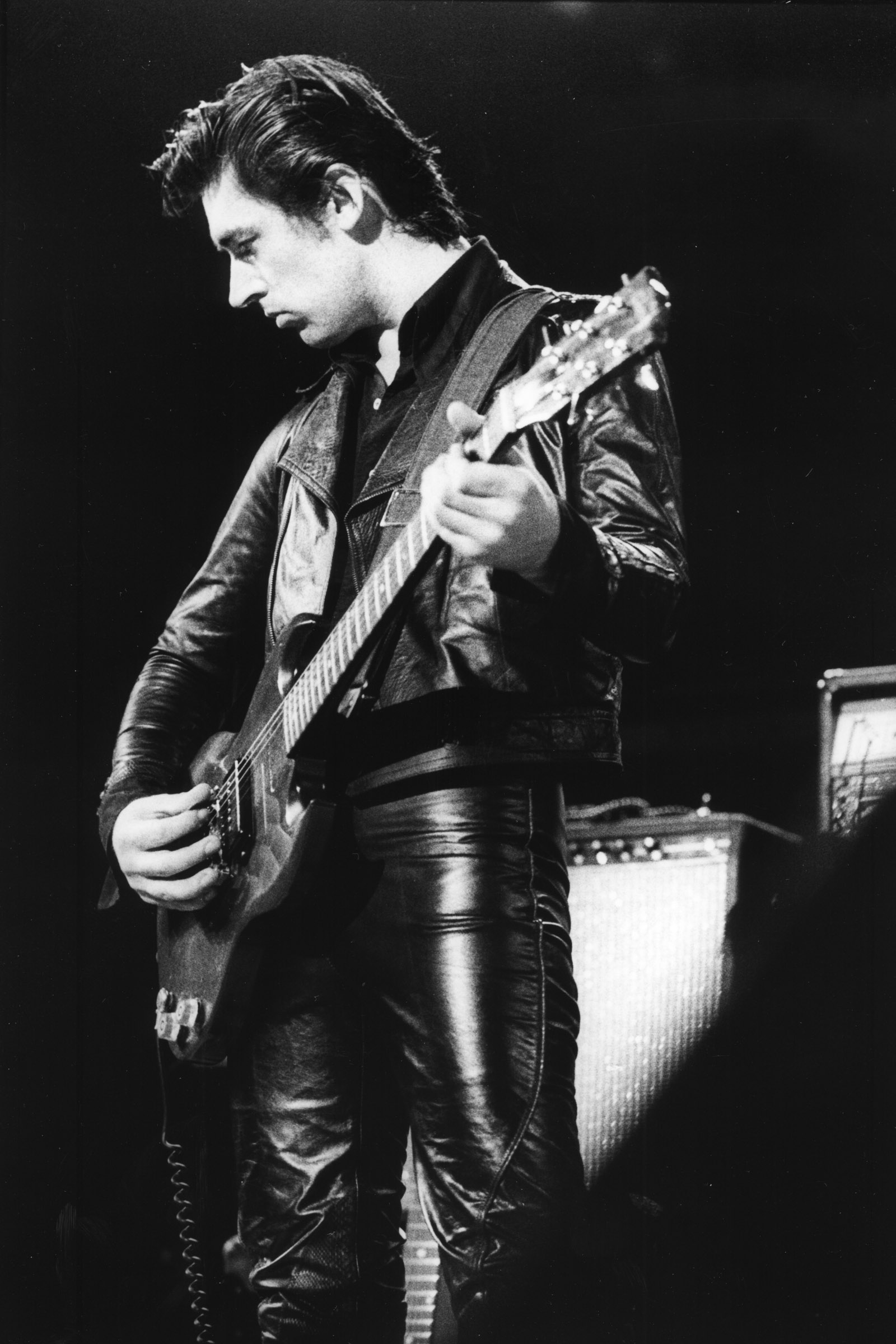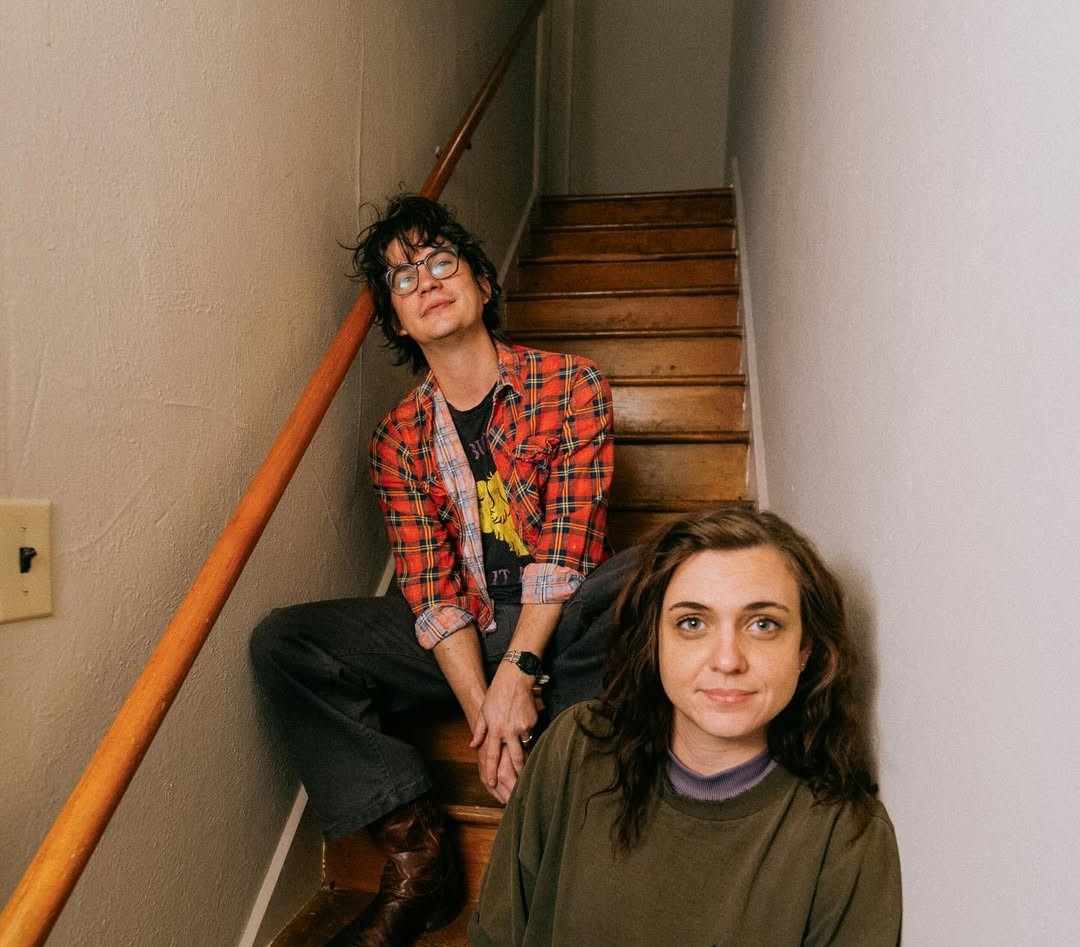Chris Spedding | Interview | “I don’t practice”
Chris Spedding is one of the most prolific session guitarists around. He has been part of the scene since the late 60s where he collaborated and played with bands and artists like Nucleus, Jack Bruce, John Cale, Elton John, Mike Batt, and so many others.
Spedding started his solo career in 1970 with the release of ‘Backwood Progression’. In 1975 he had a hit record with ‘Motorbikin”. In the late 70s he moved to the States and worked with Robert Gordon, Jerry Harrison, Dick Rivers and Johnny Hallyday. It’s impossible to name all of his projects.
Since 2001, Spedding has been playing live with Roxy Music/Bryan Ferry, The War Of The World and Robert Gordon, Dick Rivers, Herbie Flowers, Charlotte Glasson among others.
In 2011 he released ‘Pearls,’ a fantastic solo album and formed a legendary band called King Mob with Steve Parsons, Sixteen, Glen Matlock and Martin Chambers.
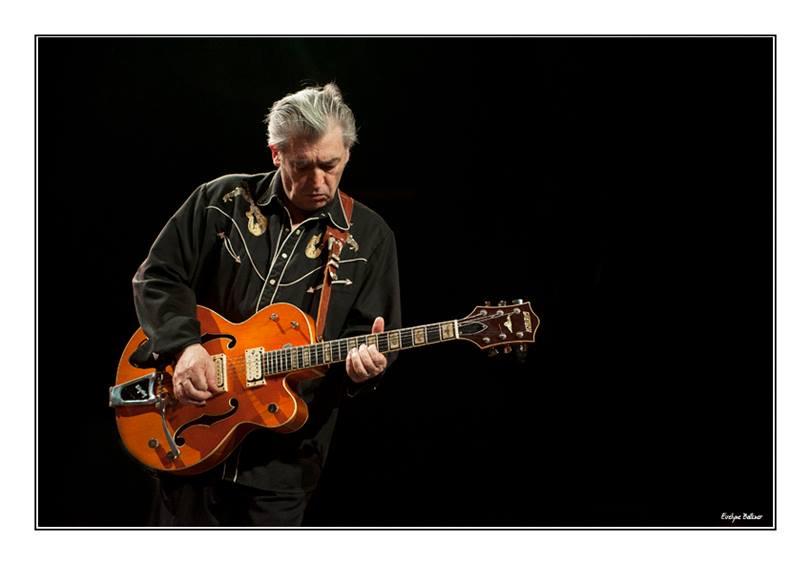
His latest solo album was released in 2015. On 29th June 2018, he had the 50th Anniversary Concert in London. Today he is still playing with Bryan Ferry, Robert Gordon and The War Of The Worlds.
“If I run out of inspiration I think: what would George Harrison have done?”
In 2015 you released ‘Joyland,’ a truly fantastic album consisting of stunning guitar work. What initiated the idea behind it?
Chris Spedding: The Cleopatra record company asked me to guest on The Vibrators album and then on a Dave Davies one. Then they asked me to do my own album with my own guests. I thought it was a good idea.

What was it like to hold the 50th Anniversary Concert at Nell’s Jazz & Blues in London (released as ‘Face to Face’) in 2018? Did it bring any (almost) forgotten memories?
Some friends like Simon Sessler and the late Stuart Lyons were the instigators. I hadn’t done much solo stuff and it was a way to get me back into doing my own shows instead of just being a sideman. The turnout and reception I got was very encouraging.
When growing up, was there any particular event or split second that inspired you to pick up guitar and become a musician?
Like The Beatles, I was a product of the skiffle movement. Then I got into Elvis Presley, Eddie Cochran, et cetera.
What are some of the most important players that influenced your own style and what in particular did they employ in their playing that you liked?
Elvis’s records. In 1958 we didn’t know who his musicians were. I was a Scotty Moore fan for years before I knew his name. All Elvis’s records credited The Jordanaires. We assumed he was the guitar player from the Jordanaires!
How did you first meet Pete Brown and what led to the formation of Battered Ornaments? You are listed as a writer on the ‘Things May Come and Things May Go, But the Art School Dance Goes on for Ever,’ didn’t you play guitar on it as well?
I thought ‘Things May Come and Things May Go, But the Art School Dance Goes on for Ever’ was from Piblokto. I wasn’t in that band and don’t recall writing or playing on the song.
What led you to join Frank Ricotti Quartet, playing guitar on the album ‘Our Point of View’?
I met Frank Ricotti when I was around 18. He was 13! There was a great album from guitarist Hank Garland called Jazz Winds From a New Direction. Gary Burton was also a young prodigy back then. Hank and Gary were Nashville session guys playing mostly country. But this was a jazz record. Frank Ricotti and I formed a quartet. We went our separate ways for a while then when Burton came out with the Larry Coryell group Frank and I got together again with the Frank Ricotti Quartet and recorded ‘Our Point of View’ and we also did some work together with Mike Gibbs.
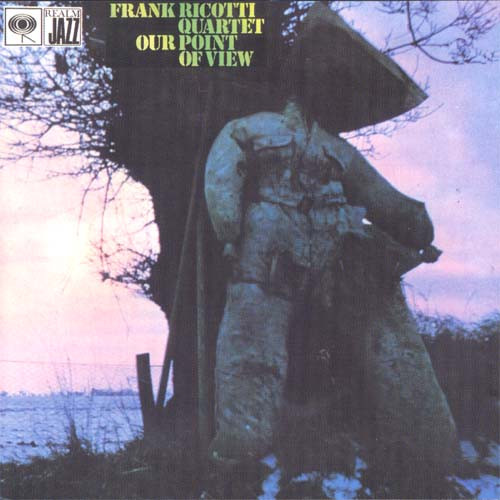
Your 1970 album ‘Backwood Progression,’ sounds like a very relaxed, fun album. How do you recall working on it?
I was into The Band and the ‘Basement Tapes’ and Bob Dylan. That was my focus – not the jazz fusion stuff.
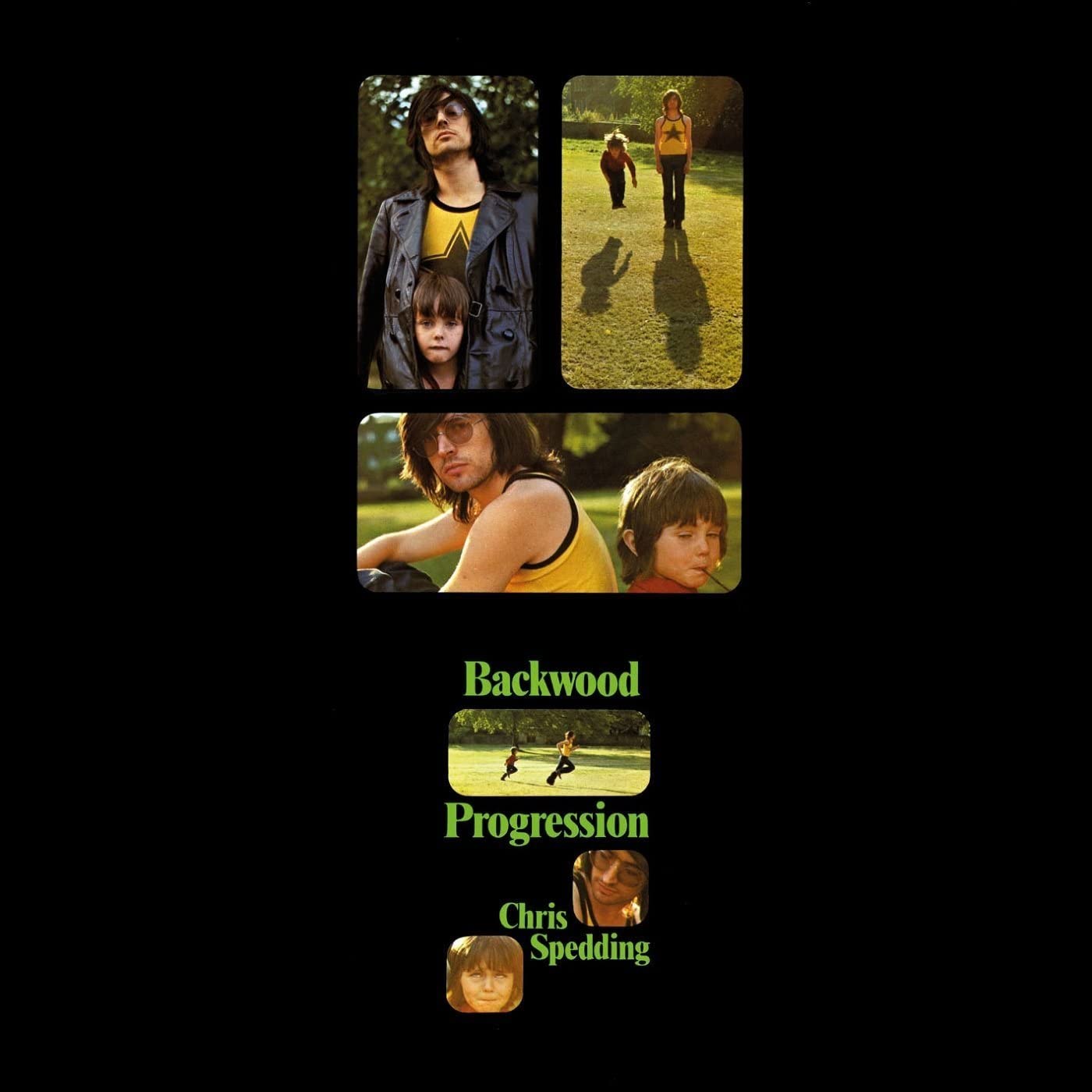
‘Songs Without Words’ really shows a completely different side of your playing, doesn’t it?
Because of my work with Frank Ricotti, Mike Gibbs and Nucleus I got a sort of rep as a jazzer around 1970 and I started appearing in the Jazz Polls. So they asked me to do a jazz-flavoured album. I said I’d give it a try, but I didn’t like the result. I didn’t want it to come out but it escaped anyway!
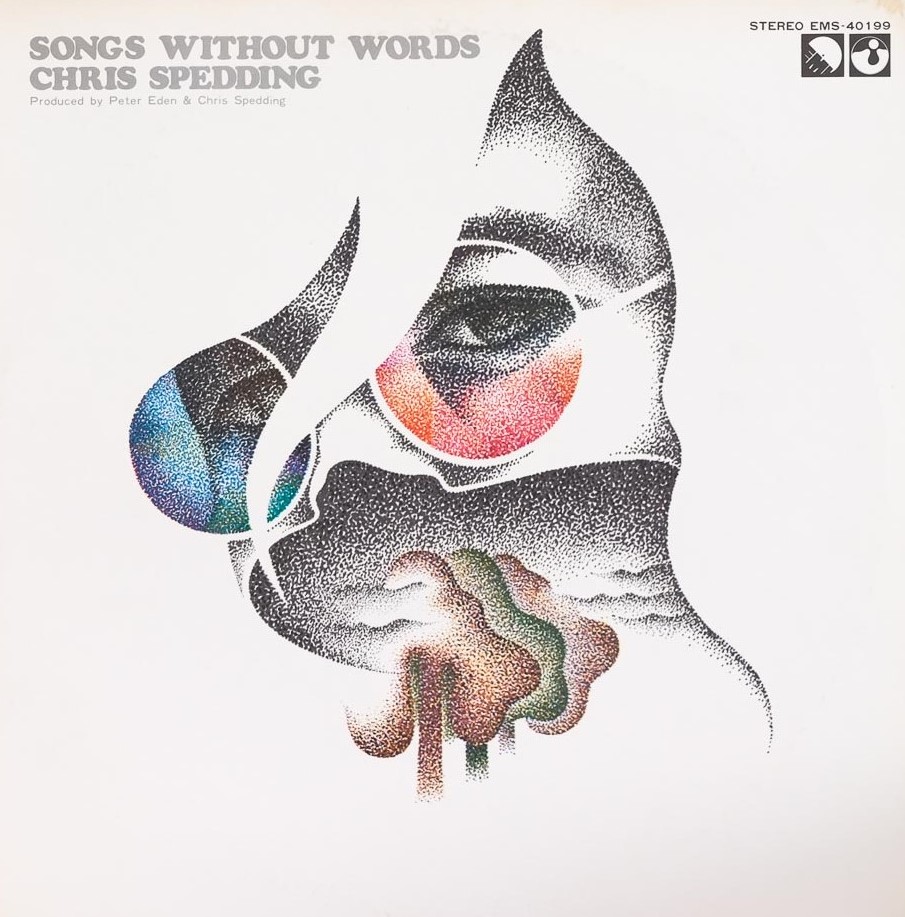
What was it like for you to play with Ian Carr’s Nucleus as a rock musician? You probably gave that spark that separated them from a complete jazz band.
I liked the first album ‘Elastic Rock’. I liked my playing on the album. All great musicians.
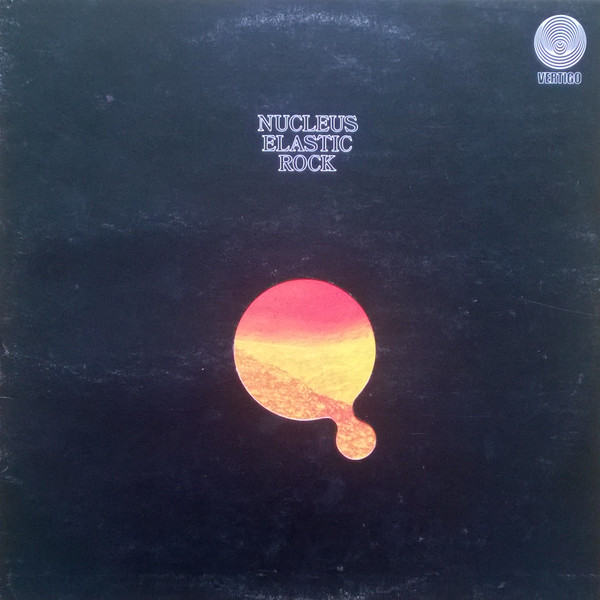
“‘Songs For a Tailor’ got my name about, as a session guy and I started getting a lot of calls”
How was it to work with Jack Bruce on ‘Songs for a Tailor’ (1969) and ‘Harmony Row’ (1971)?
‘Songs For a Tailor’ got my name about, as a session guy and I started getting a lot of calls. I’ll always be grateful to Jack Bruce for that.
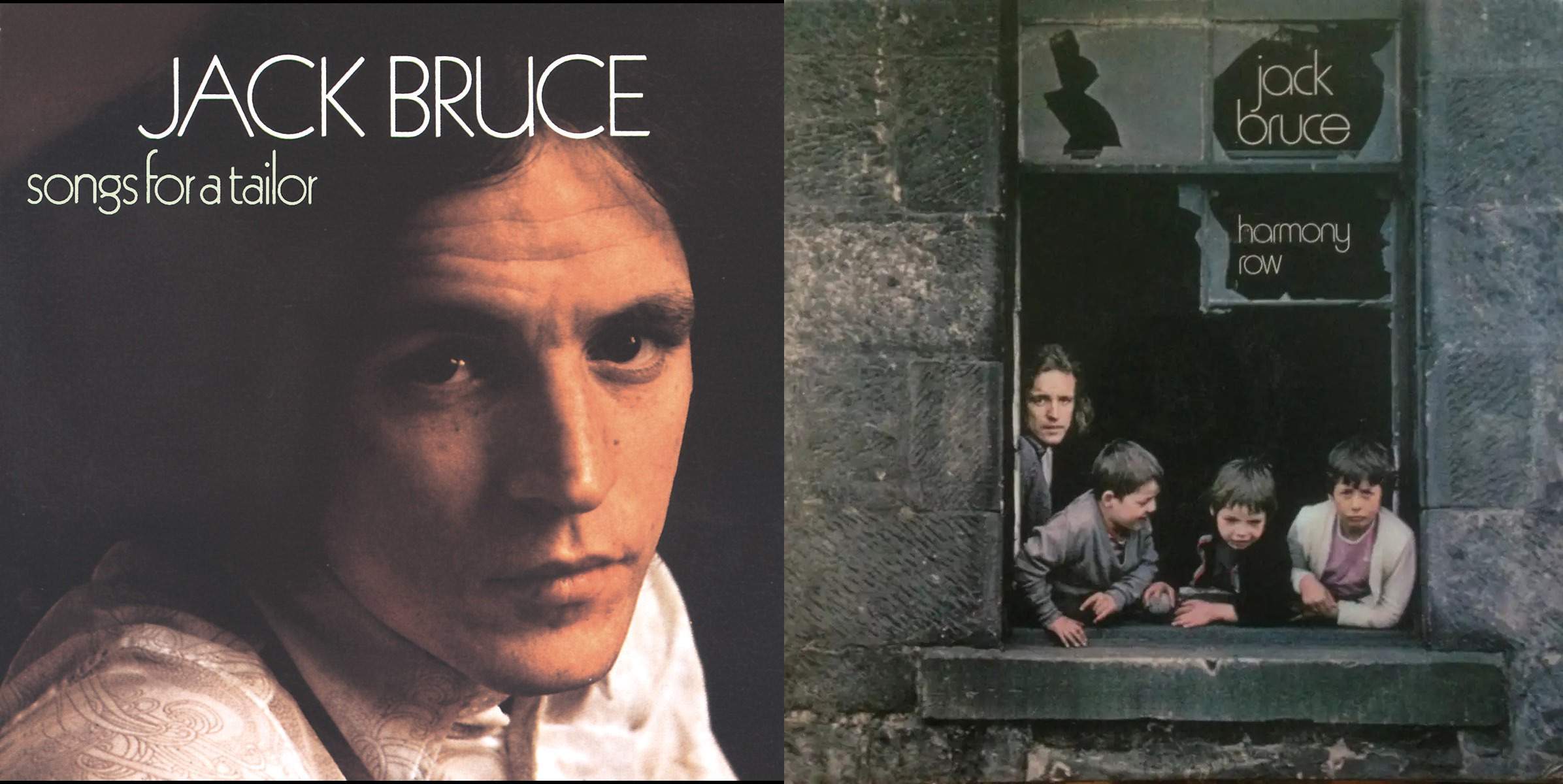
Would you like to tell us how the Sharks came about and what are some thoughts that run through your mind if I would play you the albums today?
I’d say we could have done a lot better. Andy Fraser was a genius bassist and writer but things went pear-shaped very quickly and it was not a successful experiment.
How do you usually approach music making? What’s your creative process like?
I like to find guitar parts that serve the song. If I run out of inspiration I think: what would George Harrison have done? (Later I find that Paul and John may have done some of those parts I’d thought were George’s).
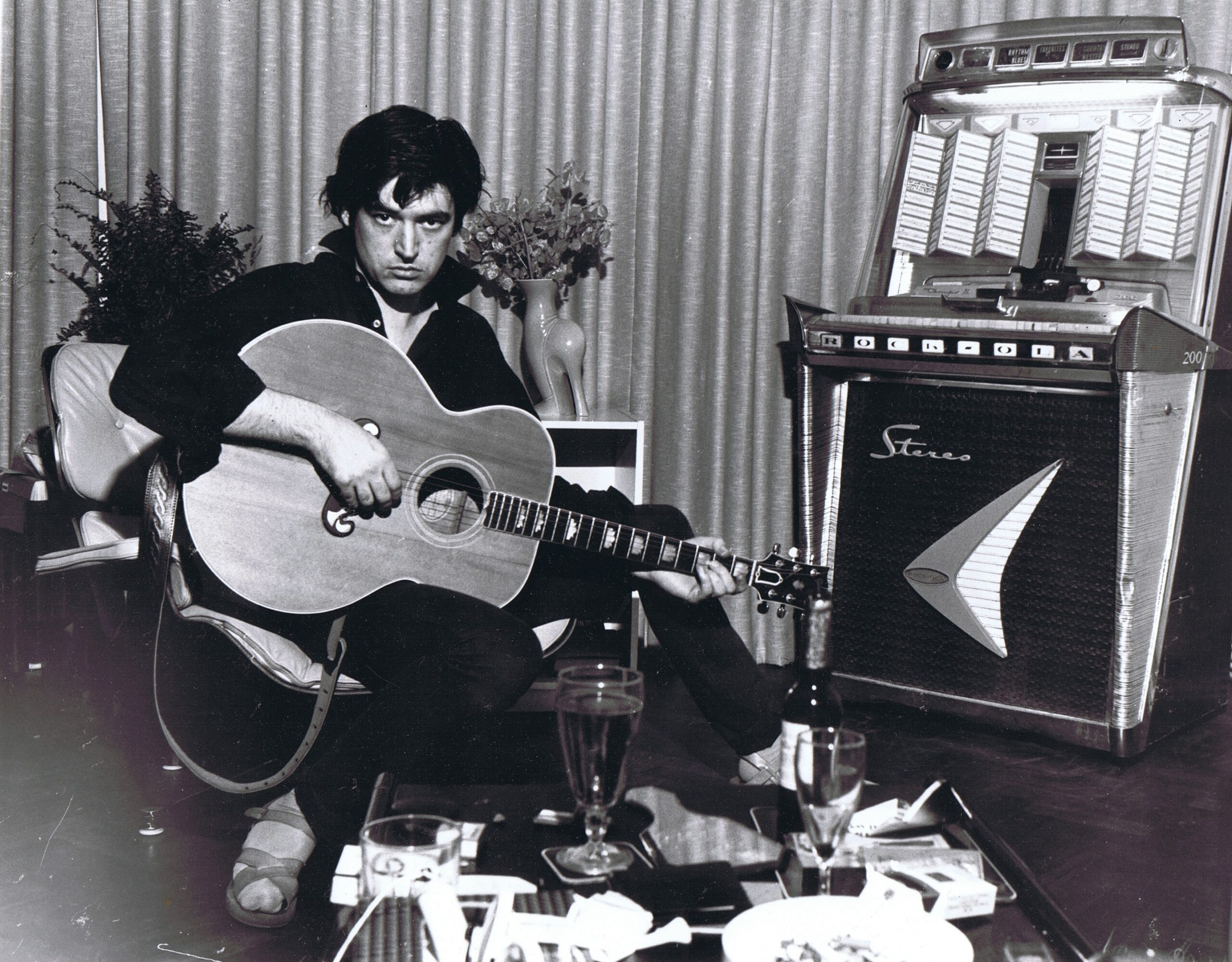
Would you like to comment on your playing technique? Give us some insights on developing your technique.
I don’t practice. If I ever try to work something out I never like the way it sounds. It usually sounds contrived. It has to grow out of the music that I’m working on at the time.
Is there any unreleased material in your archive?
No.
It’s absolutely impossible to cover your discography. Would it be possible for you to choose a few collaborations that still warm your heart?
I don’t want to answer that because I’d leave something or someone out and upset someone!
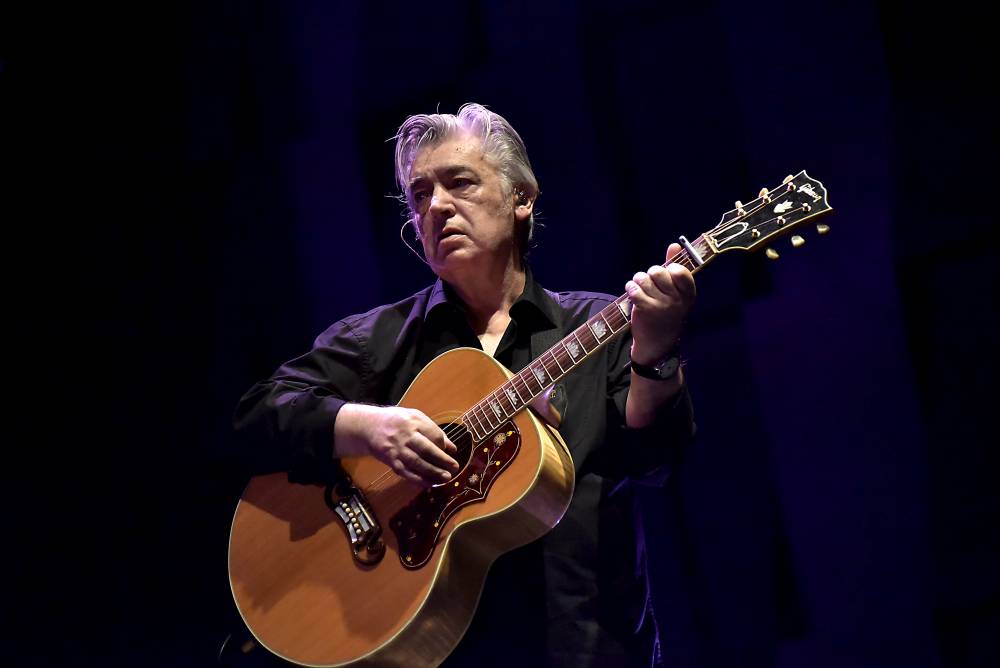
Thank you for taking your time. Last word is yours.
Thanks for the questions.
Klemen Breznikar
All photo materials are copyrighted by their respective copyright owners, and are subject to use for INFORMATIONAL PURPOSES ONLY!
Chris Spedding Official Website / Facebook / Twitter

